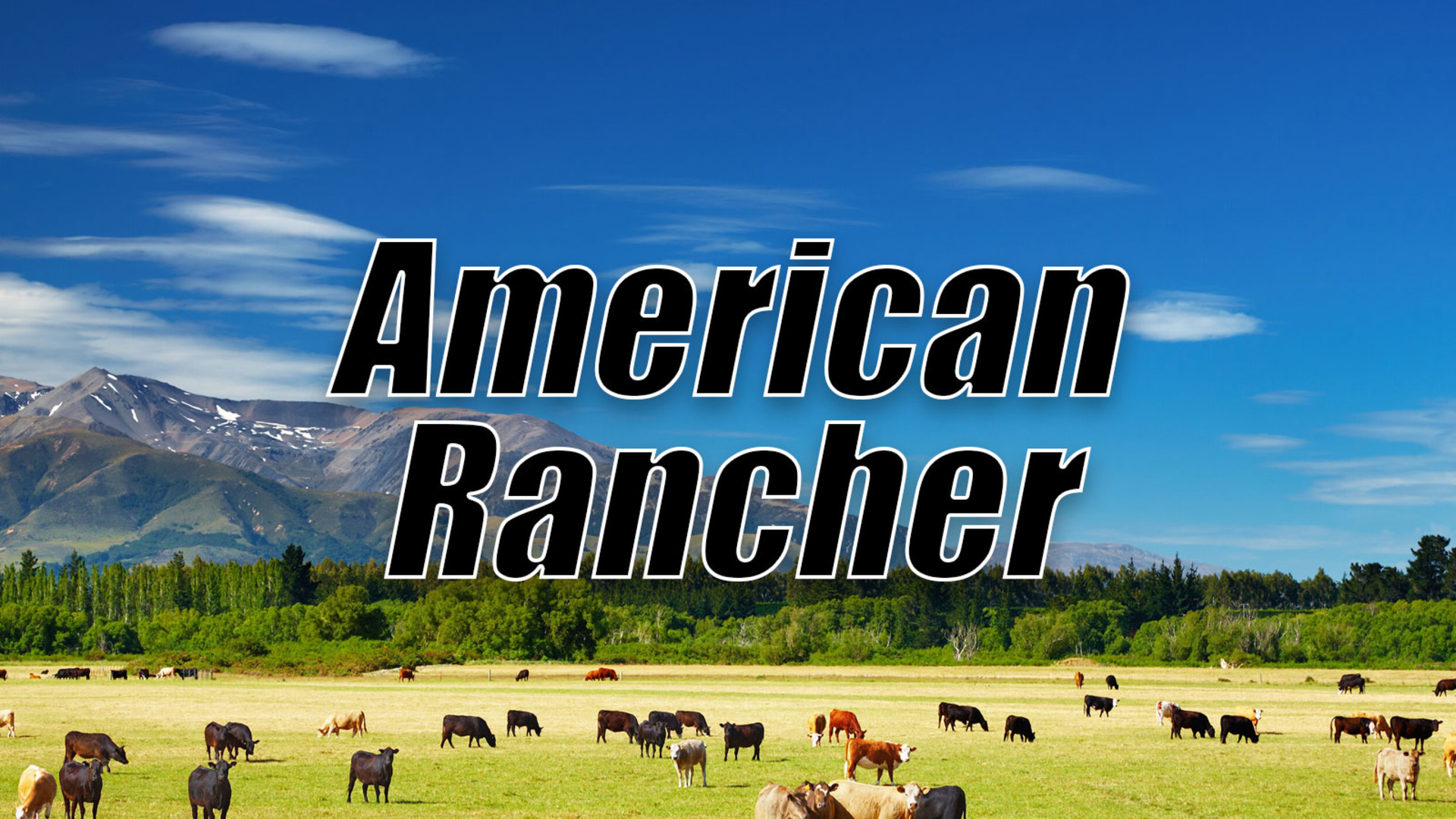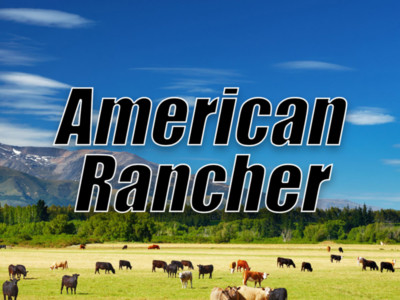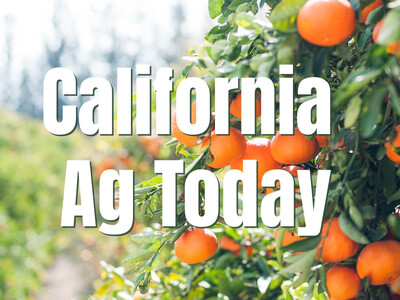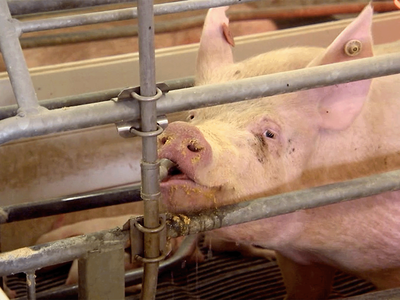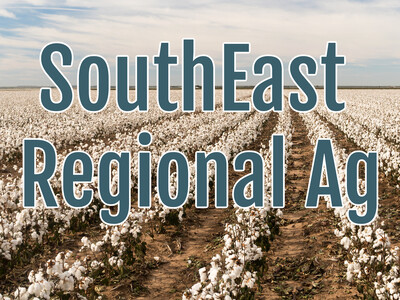Food and Technology
The debate over natural, organic or conventional food production has been getting quite a lot of press lately. I'm Jeff Keane; I'll be right back with some interesting and informative facts about these food generating methods.
According to an editorial by Greg Henderson in Drovers magazine many people believe food raised without the benefit of science or technology is somehow better. Henderson points out that if a person is really hungry that person probably doesn't care if the food was raised organically, naturally or by conventional methods. One thing Henderson didn't point out is the fact that there is a lot of science and technology in the production of natural and organic foods. Pesticide sprays that are used in organic farming have a lot of research and testing behind them and a lot of technology goes into applying those sprays. Science was needed to develop the vaccines that keep naturally raised animals healthy. Jeff Simmons, president of Elanco Animal Health relates that development of new agriculture technologies and advances in genetics, nutrition, disease and pest control and livestock management were responsible for these following increases in food production over the last 50 years in the U.S. Our nation's corn yield increased from 36 bushels per acre to 153. Meat production was up 88 percent and egg production moved up 411 percent. The way I see it eat food from whatever type of production method you want, but if we are going to continue to feed an increasing population - don't throw science and technology under the bus. I'm Jeff Keane.


